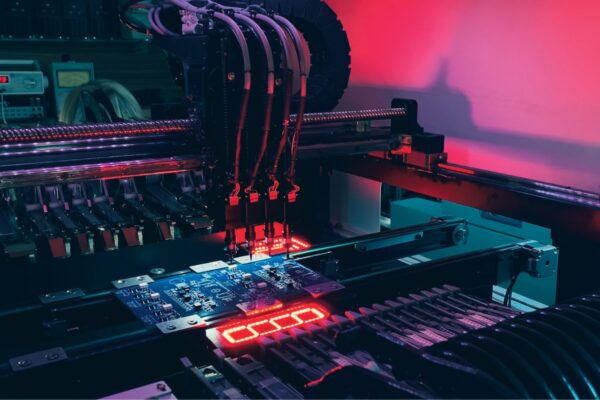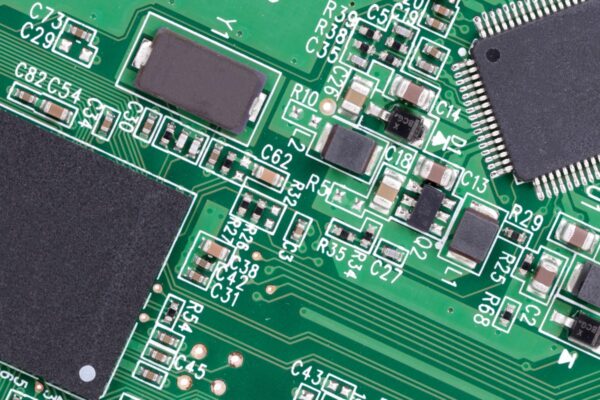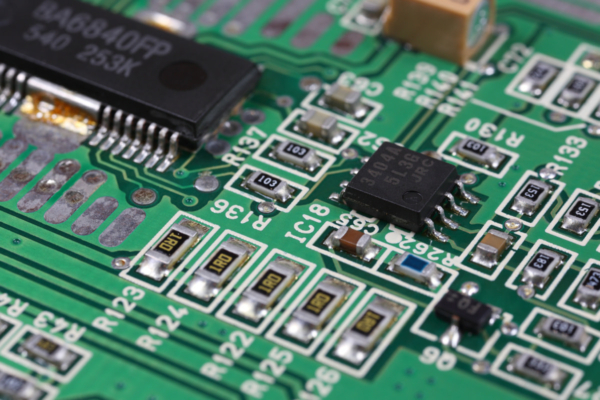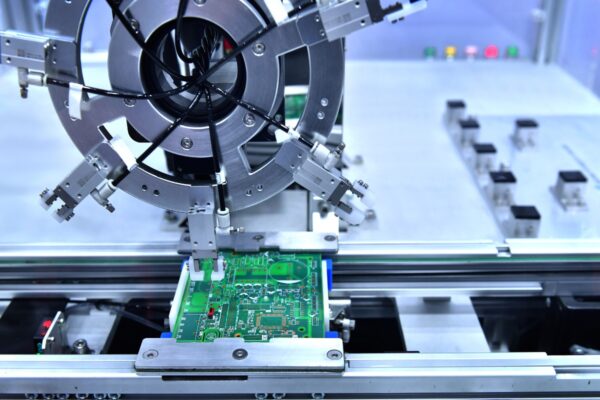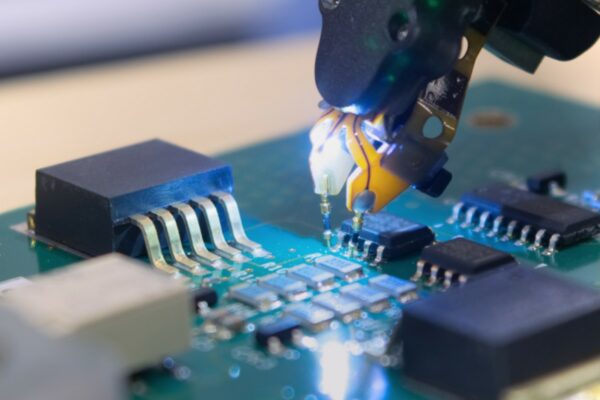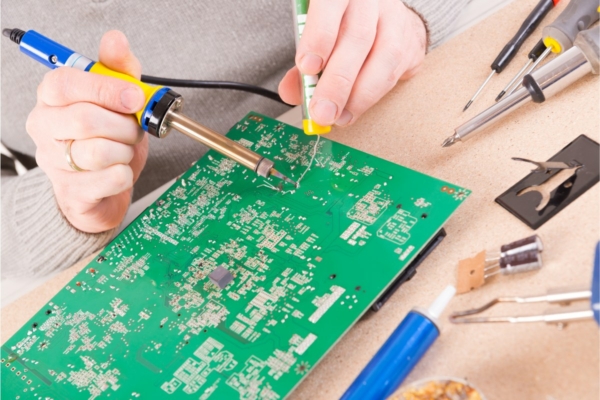What is Intermetallic Compounds (IMC)
Intermetallic compounds (IMC) are chemical compounds that form from a chemical reaction between two or more metal elements. In the PCB industry, IMC specifically refers to the compounds formed during the soldering process between the solder alloy and the copper or nickel substrate.
During soldering, the solder paste, which contains pure tin (Sn), interacts with the copper or nickel base through a diffusion reaction in high heat. This interaction leads to the formation of a strong interfacial IMC layer. The composition and properties of the IMC layer can vary depending on the specific metals involved in the soldering process, as well as factors such as temperature and time.
The thickness of the IMC layer is an important consideration in soldering. An excessively thick IMC layer can become brittle and reduce soldering strength, while a too-thin layer can result in poor adhesion and weak solder joints. The even distribution of the IMC layer at the interface is crucial for optimal soldering strength.
